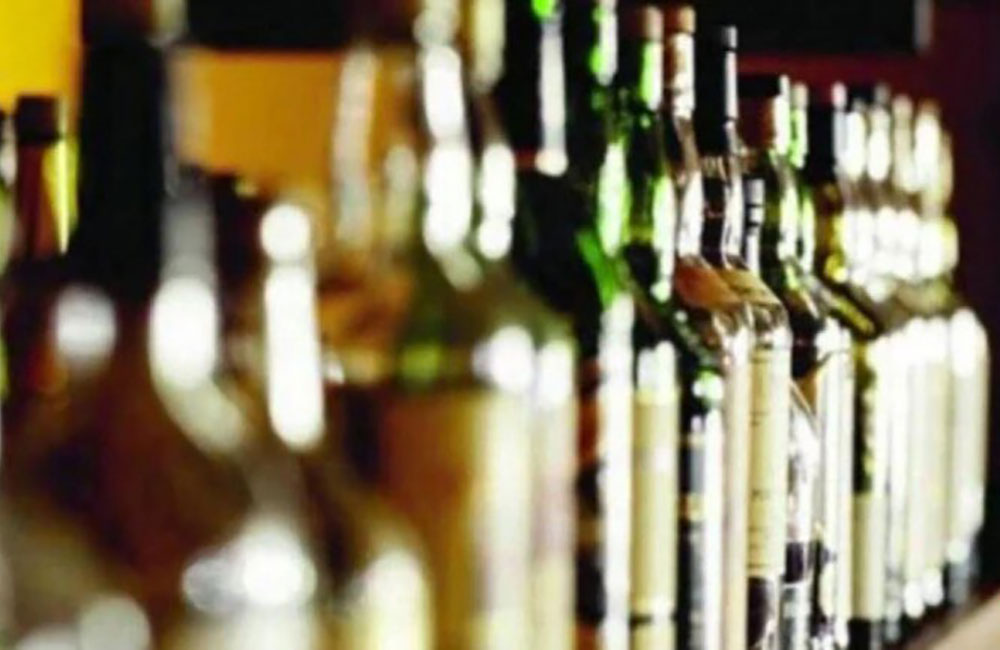Sri Lanka Customs and the Department of Import and Export Control have been facilitating the release of many goods which had arrived before the temporary ban imposed following the COVID-19 pandemic, to save foreign exchange outflow and promote local industries.
However, the department is delaying the release of the majority of ethanol containers along with 200,000 other containers citing procedural and legal matters despite the Finance Ministry directive issued under the instructions of President Gotabaya Rajapaksa.
It has already permitted the clearing of 31 containers out of 72 imported by a leading liquor manufacturer, the Distilleries Company of Sri Lanka (DCSL) as these containers were duly licensed and approved by the authorities mid to late last year, and long before the onset of the COVID-19 pandemic.
Customs Department has forwarded some documents of the company to its legal division for perusal although its licence was to last till March 2020 and the company hadn’t opened fresh LCs or ordered new shipments following the ban, informed sources revealed.
DCSL has been prevented from purchasing ethanol from a local private company, due to the Government’s recent attempts to create a state monopoly in ethanol production.
After the ban on ethanol imports since 1 January this year, manufacturers were purchasing ethanol from Royal Casks Distilleries (Pvt.) Ltd., the only distillery that produces ethanol using maize up to the international quality standard of imported ethanol, industry sources noted.
In a surprise move, the Department of Excise has rejected a request from manufacturers to purchase over 347,000 litres of ethanol from Royal Casks.
In a letter, Commissioner General of Excise A. Bodaragama has directed the manufacturers to purchase ethanol either from Pelwatte Sugar Distilleries (Pvt.) Ltd. or Lanka Sugar Company Ltd. – Sevanagala, two state-owned ethanol distilleries.
This move by the Department of Excise was aimed at boosting the revenue of loss making Pelwatte Sugar Distilleries (Pvt.) Ltd. or Lanka Sugar Company Ltd. – Sevanagala, two state-owned ethanol distilleries creating a state monopoly, liquor companies alleged.
This directive of the Excise Department infringes with the company’s rights and excise regulations, a senior executive of a leading liquor company said.
No provisions in Excise regulations force a manufacturer to buy necessary raw materials from distilleries that are suggested or directed by the Department; it instead provides a manufacturer the choice to decide, he added.
According to official data, production capacity of five local ethanol producers is only 42 percent of the local requirement and the estimated maximum production of Pelwatte, Sevanagala, Royal cask, Hingurana and Galoya plantations is in the region of 12 million liters per annum.
According to the Ministry of Finance, the excise revenue target in 2019 was Rs. 130 billion, During the financial year 2018/2019, DCSL paid Rs. 58 billion in taxes, and Rs. 64 billion in taxes a year ago.
Related News:
Comments
- No comments found

Leave your comments
Login to post a comment
Post comment as a guest